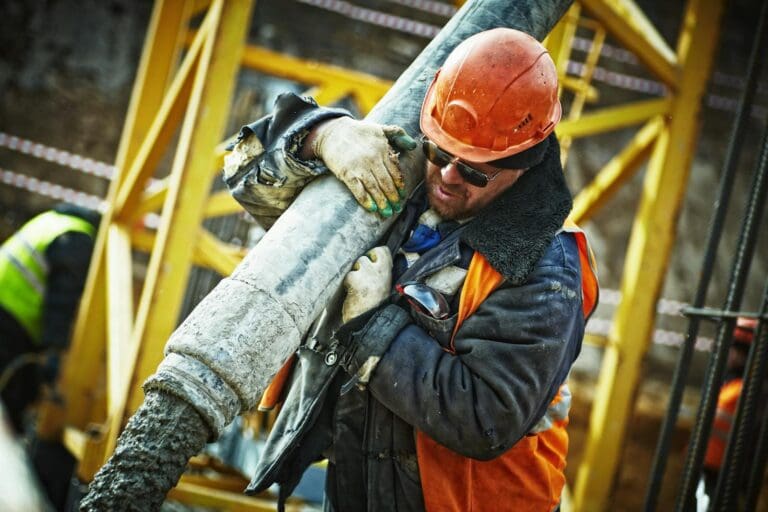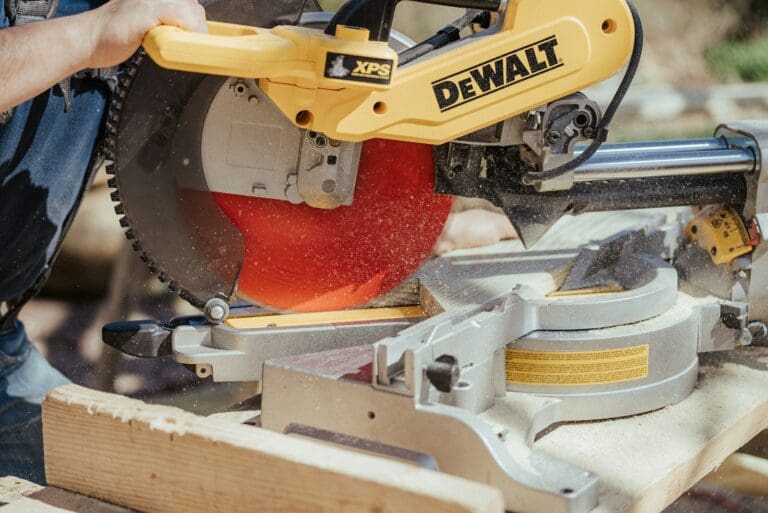While automation and AI are often viewed as harbingers of job displacement, smart warehousing is actually illuminating new opportunities for human skill and ingenuity. The modern warehouse worker is becoming more akin to a tech-savvy conductor, orchestrating the symphony of automated systems with a touch that is equal parts analytical and intuitive. In this hybrid space, where technology meets human oversight, businesses are discovering that their most valuable asset isn’t just the machinery—it’s the people who make it sing.
The Green Thread: Weaving Sustainability into Warehouse Operations
As eco-friendly practices become increasingly important to consumers, warehouses are not merely responding to a trend—they’re leading the charge. By integrating solar panels, harnessing energy from smart HVAC systems, and implementing strict recycling protocols, these futuristic hubs are redefining what it means to be green. And it’s not just about energy consumption or waste reduction. Smart warehouses are also trailblazers in packaging innovation, using biodegradable materials that leave a lighter footprint on our planet—proving that efficiency and environmental stewardship can go hand in hand.
The Data-Driven Decision Makers: Analytics at the Forefront
In an industry that never sleeps, data is the new currency. Smart warehousing thrives on the ability to make swift, informed decisions, and this is where cutting-edge analytics come into play. Warehouses are no longer just storage spaces; they’re dynamic decision centers where every square foot can be optimized for performance. By harnessing the power of big data, warehouse managers can anticipate trends, tailor inventory to seasonal shifts, and respond to the ebb and flow of supply chain demands with unparalleled precision. This isn’t just about keeping up—it’s about staying ahead. And as we look toward a future where data becomes even more integral to operations, smart warehousing stands ready to redefine what it means to be responsive in a fast-paced world.

The Adaptable Workforce Utilizing Staffing Agencies
In the dynamic world of smart warehousing, adaptability isn’t just a buzzword—it’s the lifeblood of our operations here at MGR Workforce. We’re in an industry propelled by seasonal shifts and supply chain demands that paint a picture of constant change. Recognizing this, we’ve positioned ourselves as leaders in delivering flexible staffing solutions that not only respond to but also anticipate the ebb and flow of the warehousing sector.
Consumer behavior is fickle, and smart warehouses must match its pace. High-demand periods can send operations into overdrive, necessitating an expanded workforce at a moment’s notice. When these tides recede, scaling back efficiently is equally important. We excel at this balancing act, offering a scalable workforce that can adapt quickly to the demand curve without losing stride with operational needs.
Proactive Staffing Strategies
Our philosophy goes beyond reactive measures. At MGR Workforce, we embrace an anticipatory staffing model. By leveraging market data and trend analysis, we’re not just filling gaps—we’re forecasting them. This forward-thinking strategy means that the warehouses we partner with are never caught off guard. Instead, they’re equipped with precisely the right number of workers for upcoming market conditions.
A Diverse Workforce for a Complex Industry
Smart warehousing is multifaceted, and so is our talent pool. We understand that different operational challenges require specific skill sets. That’s why we maintain a roster of diverse and specialized talent—from tech experts adept at managing automated systems to logistics gurus who can streamline supply chains. Matching the right talent to the right task at the right time is our specialty.
Commitment to Training
We believe that an adaptable workforce is a well-trained one. At MGR Workforce, we invest in continuous skill development, ensuring our staff stay ahead of technological advancements and industry best practices. This commitment to education means that our workforce doesn’t just adapt to change—they drive innovation within the warehouse environment.
The Human Element in Scalability
Despite the wonders of automation and AI, we never lose sight of the indispensable human element. Our staffing solutions celebrate human insight and decision-making—attributes that technology alone cannot offer. The workers we provide bring not only their skills but also critical thinking and a personal touch to their roles.
Our Pledge
As MGR Workforce authors this narrative on smart warehousing, we pledge more than just staffing—we offer a strategic partnership that empowers smart warehouses to master the art of adaptability. By providing a workforce that’s responsive, anticipatory, and perfectly scalable, we ensure that the warehouses we serve are not only ready for today’s challenges but also primed for the future’s boundless possibilities.
Have a Staffing Need or project in mind? Don’t hesitate, Contact us today!
Common Questions About Smart Warehousing
Smart warehousing is transforming the way businesses handle their inventory, making operations faster, more efficient, and incredibly eco-friendly. Let’s dive into some frequently asked questions to shed light on this innovative approach to warehousing.
1. What Exactly Is Smart Warehousing?
Smart warehousing represents a major leap in logistics, merging advanced technologies like IoT, AI, and data analytics into warehouse operations. This integration automates critical tasks such as order fulfillment and restocking, enhancing efficiency and slashing error rates. It’s the secret sauce to real-time tracking and sustainable practices in the logistics sector.
2. Why Are Smart Warehouses Considered Eco-friendly?
They prioritize sustainability by adopting energy-efficient lighting and using recyclable materials. This not only helps in reducing the carbon footprint but also attracts eco-conscious consumers, boosting the brand’s reputation as a green and responsible business.
3. Can You List the Key Components of a Smart Warehouse?
Absolutely! Here’s a quick rundown:
- Sensors and RFID Tags: For real-time inventory tracking.
- Automation Systems: Streamlining processes like order processing.
- Data Analytics and AI: Offering insights for predictive maintenance and demand forecasting.
These elements synergize to streamline operations, cut costs, and elevate customer satisfaction.
4. What Benefits Does Smart Warehousing Offer?
The perks are plentiful:
- Enhanced Efficiency: Through automated and optimized processes.
- Accurate Inventory Management: Minimizing errors and losses.
- Faster Order Processing: For swift market responses.
- Reduced Operational Costs: Thanks to efficient resource management.
5. How Does Smart Warehousing Work?
Smart warehouses utilize a mix of IoT, AI, and data analytics to automate and refine inventory management. These technologies allow for predictive maintenance, efficient resource management, and improved supply chain visibility, ensuring that businesses can quickly adapt to market demands.
6. How Does Smart Warehousing Impact Staffing Services?
Smart warehousing demands a workforce skilled in technology, analytics, and system management. Staffing services must adapt by providing candidates with these specialized skills, ensuring warehouses are operated by teams capable of leveraging these advanced systems.
7. Are There Any Challenges to Implementing Smart Warehousing?
Indeed, challenges include:
- High Initial Investment: For technology and training.
- Complex Integration: Aligning new systems with existing operations.
- Skill Gaps: Ensuring staff are trained in new technologies.
8. Can Small Businesses Benefit From Smart Warehousing?
Yes, while the initial investment might seem daunting, the long-term efficiencies and cost savings make smart warehousing a viable option for businesses of all sizes.
9. How Does Smart Warehousing Enhance Customer Satisfaction?
By ensuring faster, error-free order processing and real-time tracking, smart warehousing significantly boosts delivery reliability, enhancing customer trust and loyalty.
10. What Is the Future of Smart Warehousing?
The future looks bright, with advancements in AI, robotics, and IoT set to further transform warehouse operations, making them even more efficient, sustainable, and adaptable to changing market dynamics.
Smart warehousing is not just a trend; it’s the next frontier in logistics, promising a world where efficiency meets sustainability. As we embrace this tech-driven era, the logistics landscape is poised for unprecedented growth and innovation.















